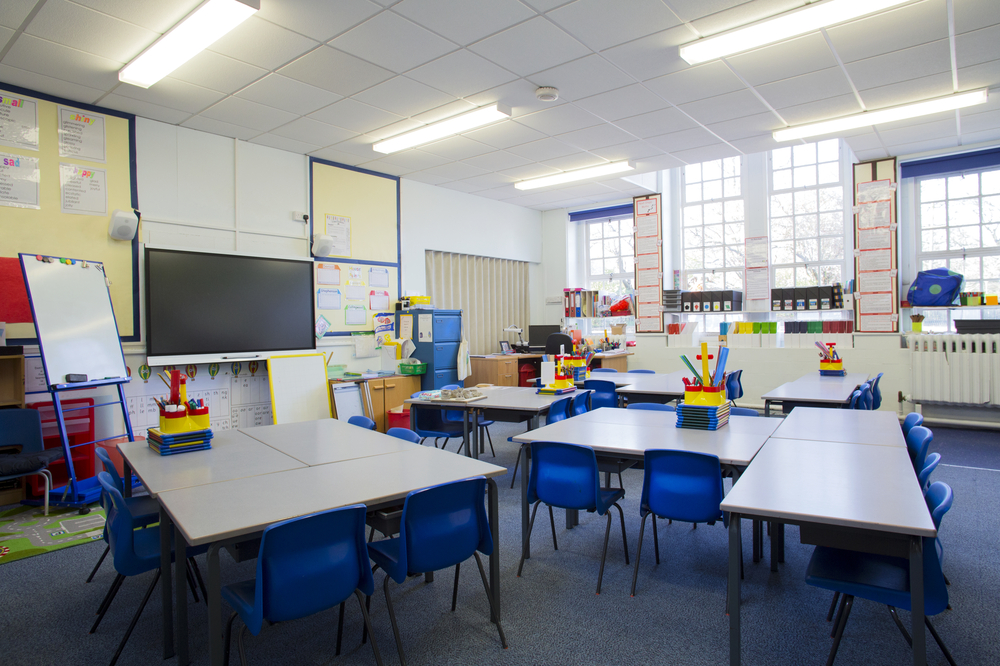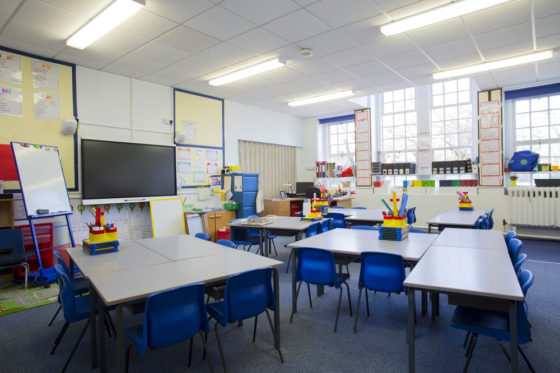Utrecht tackles segregation in primary schools, ends informal waiting lists


Utrecht city council is taking steps to end segregation in primary schools by stopping parents from signing their children up to a given school as soon as they are born, the Volkskrant reported on Tuesday.
Although schools officially stopped registering very young children as potential pupils in 2014, dozens still keep informal waiting lists and it is usually ‘white, well-educated parents’ who are benefiting, city officials say.
Now the council has introduced a new central system to allocate primary school places.
Children can only be placed on the list when they reach the age of three, brothers and sisters have priority and then places will go to children from the neighbourhood. If places are left over, there will be a lottery. Amsterdam and The Hague already operate a centralised system.
Guido Walraven, a researcher at the mixed school research institute Kenniscentrum Gemengde Scholen, told the Volkskrant there are three reasons for segregation in Dutch schools: parental prejudice, an unequal admissions policy and segregated neighbourhoods.
‘What you want is school classes that reflect the makeup of the city,’ he said. It is not easy to achieve, but ‘you should at least try’.
In 2019, school inspectors warned of the ‘unacceptable’ inequality in Dutch education because children of well-educated parents are scoring better in final primary school exams than children of equal intelligence from more disadvantaged backgrounds.
For example, well-educated parents are more involved in the choice of school and invest money in tutors, homework classes and training in exam techniques. Their children are also more likely to be labelled dyslexic or as having adhd, which also entitles them to extra teaching time, the inspectors said.
Thank you for donating to DutchNews.nl.
We could not provide the Dutch News service, and keep it free of charge, without the generous support of our readers. Your donations allow us to report on issues you tell us matter, and provide you with a summary of the most important Dutch news each day.
Make a donation